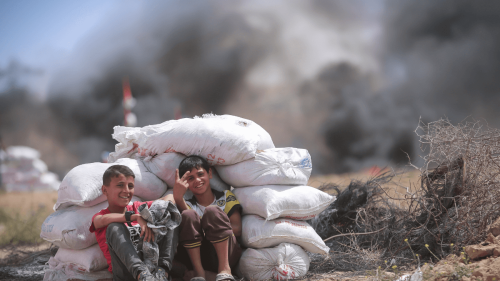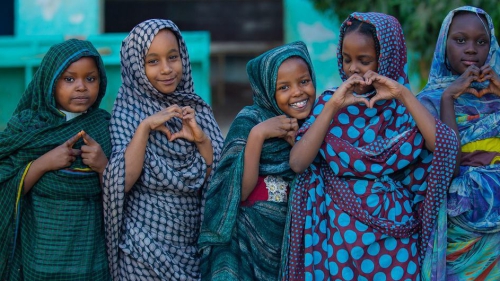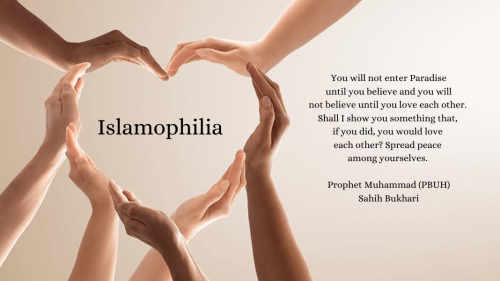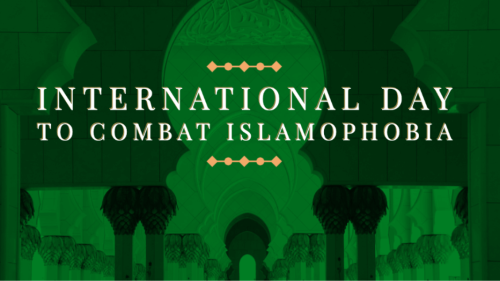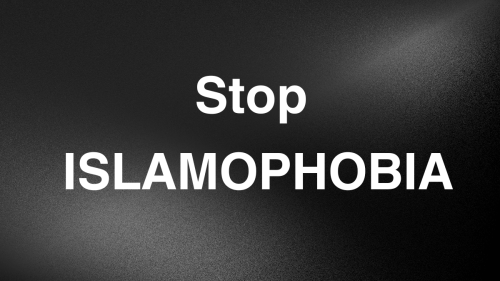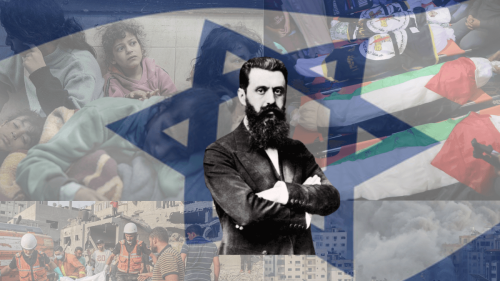Combating Islamophobia - "Diversity is a richness, not a threat" - UN Chief on the Int'l Day
What is Islamophobia?
Islamophobia is a fear, prejudice and hatred of Muslims that leads to provocation, hostility and intolerance by means of threatening, harassment, abuse, incitement and intimidation of Muslims and non-Muslims, both in the online and offline world. Motivated by institutional, ideological, political and religious hostility that transcends into structural and cultural racism, it targets the symbols and markers of being a Muslim.
This definition emphasises the link between institutional levels of Islamophobia and manifestations of such attitudes, triggered by the visibility of the victim’s perceived Muslim identity. This approach also interprets Islamophobia as a form of racism, whereby Islamic religion, tradition and culture are seen as a ‘threat’ to the Western values.
Some experts prefer the label 'anti-Muslim hatred,' fearing that the term 'Islamophobia' risks condemning all critiques of Islam and, therefore, could stifle freedom of expression. But international human rights law protects individuals, not religions. And Islamophobia may also affect non-Muslims, based on perceptions of nationality, racial or ethnic background.
An epidemic of hatred
A recent report by the UN Special Rapporteur on freedom of religion or belief found that suspicion, discrimination and outright hatred towards Muslims has risen to 'epidemic proportions.'
Following the terrorist attacks of 11 September 2001 and other horrific acts of terrorism purportedly carried out in the name of Islam, institutional suspicion of Muslims and those perceived to be Muslim has escalated to epidemic proportions. Numerous states, as well as regional and international bodies, have responded to security threats by adopting measures that disproportionately target Muslims and define Muslims as high-risk and at risk of radicalization. At the same time, widespread negative representations of Islam, and harmful stereotypes that depict Muslims and their beliefs and culture as a threat have served to perpetuate, validate and normalize discrimination, hostility and violence towards Muslim individuals and communities.
In states where they are in the minority, Muslims often experience discrimination in accessing goods and services, in finding employment and in education. In some states they are denied citizenship or legal immigration status due to xenophobic perceptions that Muslims represent national security and terrorism threats. Muslim women are disproportionately targeted in Islamophobic hate crimes.
Studies show that the number of Islamophobic hate crimes frequently increases following events beyond the control of most Muslims, including terrorist attacks and anniversaries of such attacks. These trigger events illustrate how Islamophobia may attribute collective responsibility to all Muslims for the actions of a very select few, or feed upon inflammatory rhetoric.
Combating Islamophobia
Many Governments have taken steps to combat Islamophobia by establishing anti-hate-crime legislation and measures to prevent and prosecute hate crimes and by conducting public awareness campaigns about Muslims and Islam designed to dispel negative myths and misconceptions.
The United Nations General Assembly adopted a resolution sponsored by 60 Member-States of the Organization of Islamic Cooperation (OIC), which designated 15 March as the International Day to Combat Islamophobia. The document stresses that terrorism and violent extremism cannot and should not be associated with any religion, nationality, civilization, or ethnic group. It calls for a global dialogue on the promotion of a culture of tolerance and peace, based on respect for human rights and for the diversity of religions and belief.
Marking the first International Day to Combat Islamophobia in 2021, UN Secretary-General António Guterres pointed out that anti-Muslim bigotry is part of a larger trend of a resurgence in ethno-nationalism, neo-Nazism, stigma and hate speech targeting vulnerable populations including Muslims, Jews, some minority Christian communities, as well as others. “As the Holy Quran reminds us: nations and tribes were created to know one another. Diversity is a richness, not a threat,” he added.
In response to the alarming trend of rising hate speech around the world, Secretary-General António Guterres launched the United Nations Strategy and Plan of Action on Hate Speech.











